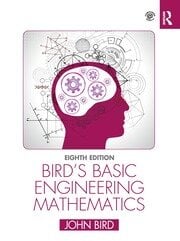
Brand
- Routledge 527
- CRC Press 63
- Chapman & Hall 16
- Productivity Press 12
- Routledge India 11
- Guilford Press 6
- A K Peters/CRC Press 3
- Auerbach Publications 3
- Focal Press 3
- Psychology Press 3
- Fairmont Press 2
- Garland Science 1
- Pan Stanford Publishing 1
- RIBA Publishing 1
























